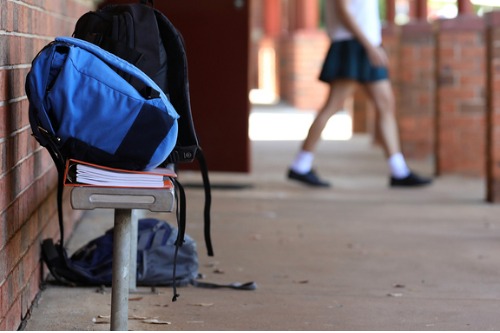
A landmark global report has revealed a major shift towards do-it-yourself learning amid a perception that the government is failing to improve access to education for young Australians.
The inaugural Pearson Global Learner Survey captured the opinions of nearly 12,000 learners across 19 countries, including Australia, United Kingdom, China and the United States.
David Barnett, Pearson Asia Pacific Managing Director, said the report – the first to survey so many learners worldwide on such a wide range of education topics – was a wake-up call for Australia’s education system.
“There was a time when parents, academics, teachers and educators determined what people learned and when they learned it,” he said.
“But a life defined by short term gigs, multiple careers and lifelong learning has changed all that.”
The vast majority of Australians surveyed believe the government should support people in their education, with 90% believe the government should help to improve access to education. This is up 10% from the US (80%) and up 4% from the UK (86%).
The report also found that bullying – in person and online – is having an increasingly negative impact on young people, 88% of whom say it has made school more difficult (up 4% from both the US and UK (84%).
Technology is also continuing to transform traditional education, with a significant 73% of Australian learners saying textbooks will be obsolete by 2025. This is up 3% from the US (70%) and up 14% from the UK.
Eighty-five percent of Australians believe technology can enhance the education experience for primary and secondary students. This is up 2% from the US (83%) and down 1% from the UK (85%).
The report has clear implications for education providers – both K-12 and tertiary – across Australia, said Barnett.
“Like many of our Western markets in the study, Australian respondents demonstrated an openness to alternate pathways to learning – vocational or technical training is often believed to be a better path than a traditional 4-year degree,” Barnett said.
“This sentiment is even higher among younger populations like Gen-Z and Millennials who are beginning to feel that a formal education may not be as important as it once was.”
Barnett said that while the majority in Australia feel that their education systems provide good foundational knowledge, colleges and universities are perceived as becoming more out of reach for the average person.
“Regardless, many Australians continue to recognise the need to upskill and re-skill throughout their lives,” he said.
“There is widespread recognition that there is no ‘one-and-done’ – you need to continually be upskilling and it happens within and outside the classroom.”
Despite this, says Barnett, few Australians are actively upskilling.
“If they had to upskill, more than half would turn towards short training programs and bootcamps to learn on the job quickly rather than university programs,” he said.
“Australians demonstrate an openness to digital learning like smart devices, self-service learning, and YouTube, providing them opportunities to learn as they need to throughout their lives.”


